The miracle of life. A 40-week process where you developed from a single cell to fully formed human baby. All within in your mother’s womb.
Now, imagine you were born in an artifical womb. A cutting edge device, perfectly replicating, and even improving the enviroment of the womb.
What if we were able to use these artificial wombs to give birth, and brought babies into the world with advanced technology? How would we benefit from artificial wombs?
Would there be any downsides? And could this actually happen in our lifetime?
You probably don’t remember your formative months in the womb, but it’s safe to say you were born from a good old-fashioned womb. Now, what if you were born from a state of the art artificial womb?
What sort of benefits could you gain as a little science-baby? Well, it could give a fetus a fully optimized environment in which to develop, with a carefully calculated formula for hormone and nutrient needs. And the fetus would not be exposed to any infectious diseases.
Artificial wombs would allow gay male couples and single men the opportunity to have a baby without the need for a human surrogate. They would also give transgender women, women born without a uterus, and those who have lost their uterus due to medical conditions or injuries, a chance to have children.
But how would this benefit the little tykes themselves? Much of the research-based around the advancement of artificial wombs is on the care of premature babies.
In 2017, an experiment was performed by fetal surgeon Dr. Alan Flake of the Children’s Hospital of Philadelphia using an amniotic sac, aka a “biobag.” This was used to provide lamb fetuses, placed in a sterile fluid, with a protein and nutrient-rich blood supply.
The experiment simulated the 23rd to the 27th week of a human pregnancy. After they were removed from the biobags, the lambs grew up just as a traditionally born lamb would. On the other hand, we have to wonder if there could be any downsides to using artificial wombs.
Would there be any cons? If artificial womb births were to become available and affordable, society would be bombarded by debates.
Ethics, science, technology, politics, religion, societal structure and economics would all be stirred together into one big punch bowl of non-stop disputes. According to Detroit Medical Center neonatologist Dr. Sanjay Chawla, an artificial womb cannot replace the maternal influences of labor, or the placental influence of hormones and biochemical signals.
On top of that, if artificial wombs were used the wrong way, or for the wrong reasons, we could be looking at a dystopian nightmare.
It could lead to things like “baby factories,” where children are manufactured and sold. A serious rift could occur in our society as the number of artificial womb children increases.
The debate could include questions like, is it fair to apply the same standards to kids who come from a mother’s womb as we do to those born from perfected, artificial wombs? Or what if something goes wrong during the gestation period?
And would the wealthy bypass the risks associated with natural wombs and just use the artificial ones? Well, It’s definitely a lot to think about.
But could this happen in our lifetime? Research is already underway at the Eindhoven University of Technology.
The University is developing a way to provide babies with artificial incubators. Ones that could help stimulate the biological conditions of a womb.
This way, the babies could receive nutrients and oxygen via an artificial placenta connected to an umbilical cord. If all goes according to plan, the research will continue for five years, and then human babies will be involved.
In the artificial womb environment, they will have everything around them that they would have in a natural womb.
Whatever happens, it’s sure to ruffle a few feathers.
But if we develop this technology as a means to help premature infants survive, the idea becomes a noble one. It makes you think about what else we could create artificially.
Maybe one day, we’ll need to construct an artificial planet – to house humanity after we’ve exhausted the Earth.
Sources
- “An extra-uterine system to physiologically support the extreme premature lamb”. Nature Communications 8 (1). Springer Science and Business Media LLC. doi:10.1038/ncomms15112.
- “On the History of the Artificial Womb”. Oscar Schwartz, 2019. JSTOR Daily. Accessed January 7 2020.
- “Why growing babies outside the womb raises ethical concerns”. The Next Web. Accessed January 7 2020.
- “Artificial womb: Dutch researchers given €2.9m to develop prototype”. Davis, Nicola. 2019. The Guardian. Accessed January 7 2020.
- “The world’s first artificial womb for humans”. 2020. BBC News. Accessed January 7 2020.













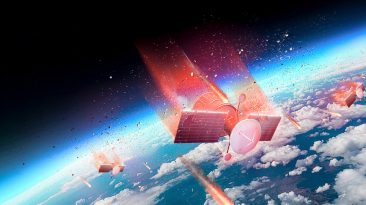
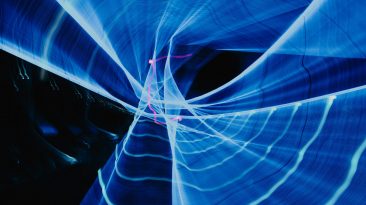
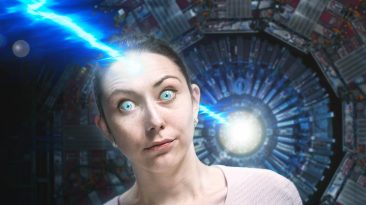
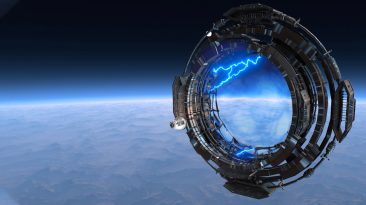

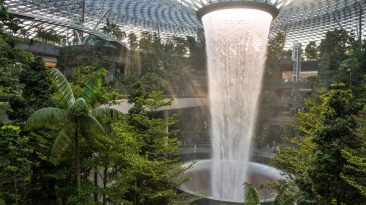
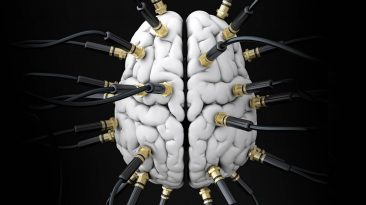


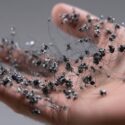





That would be irrational and and madness of knowledge